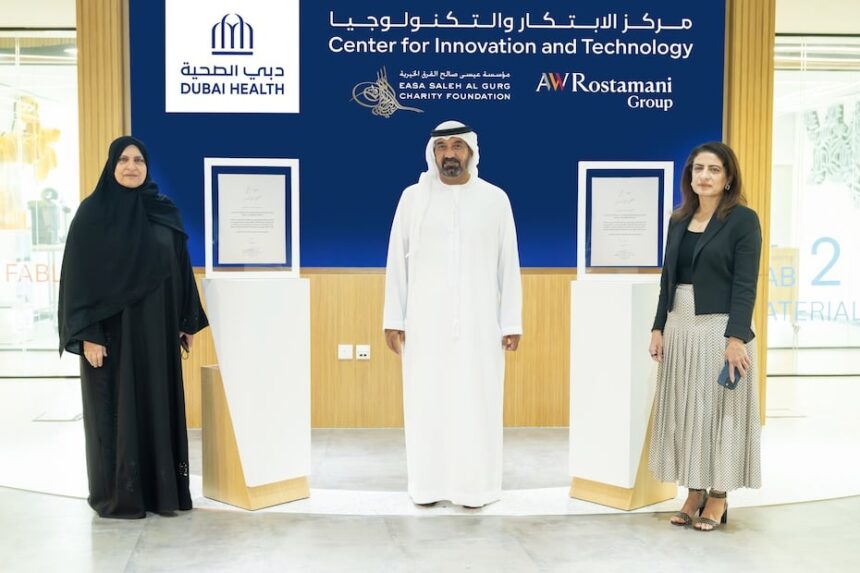Dubai Health just started a Center for Innovation and Technology. This shows they’re really planning for what’s coming in medicine.
When the center started, Sheikh Ahmed bin Saeed Al Maktoum, who’s in charge of Dubai Health, was there. This means the center is more than just about gadgets. It’s meant to make healthcare faster, smarter, and more personal. When you go there, it feels like a mix between a startup and a doctor’s office. They want to think up ideas, test them out, and find real ways to help.
So, why do this now?
Well, healthcare is tricky everywhere. Hospitals are packed, workers are stressed, and people are getting older. The COVID-19 situation showed how fast things can get bad. Dubai Health doesn’t want to wait for another crisis. They’re using this center to try out ideas to keep healthcare strong in the future and make sure patients come first.
For example, they’re thinking about using computers to guess who might get sick early and spot problems. They’re also trying out robots to move stuff around, help with surgeries, and do jobs that might make nurses tired. They also want to let people use phones or computers to talk to doctors easily, which can help with cutting down on paperwork and long waits to see a doctor. Someone said that new tech shouldn’t replace doctors, but help them out. That’s what the center is all about: helping people take care of each other better.
Dubai is a good place for this because they’re open to new ideas. They have rules that help, money set aside, and like to try new things. Other cities are thinking about using computers in hospitals, but Dubai is making a spot where it’s actually happening. Now is a good time because everyone wants new ideas in healthcare. Cities want to be known for good medicine, not just tourism and business. Dubai wants to be a leader in healthcare because of this center.

Of course, there are questions. What if a computer gets something wrong when diagnosing someone? Who’s to blame if a robot messes up? Could new tech make healthcare cost more? There aren’t easy answers to these questions. But because they’re talking about them now, it shows they are thinking about these things as they build and improve the tech. Doctors, engineers, and investors have all talked about problems with trying new ideas, like first mistakes and letdowns. They also talked about recent good results. Robots can now move heavy things, and computers can guess some heart problems better than before. It’s not perfect, but it’s getting there. What makes this center good is that it is about people. Think about an older woman getting diagnosed early, or a kid getting help fast because of smart tech. Or think about a nurse having more time, so they can spend more time with patients as they don’t have lots of paperwork. That’s the main idea: tech is a helper, not something that replaces people. It’s used to keep people at the center of healthcare.
So, what happens next?
The big question is whether the center can do what it says it will. Can it make waits shorter, costs lower, and save lives? Can it keep attracting good people to work there?
Dubai wants to show that the future of healthcare is all about tech and people working together to get ready for anything. This center sends a message: Dubai is serious about making healthcare better. It’s about using new ideas to save people and make care better. There may be some mistakes and questions along the way. But that’s what trying new things is all about: a little messy, not perfect, but always moving. Dubai is willing to try. If it works, it could make a big difference in the area and around the world because healthcare is about people, and this center could make life better for those who live outside of Dubai.








